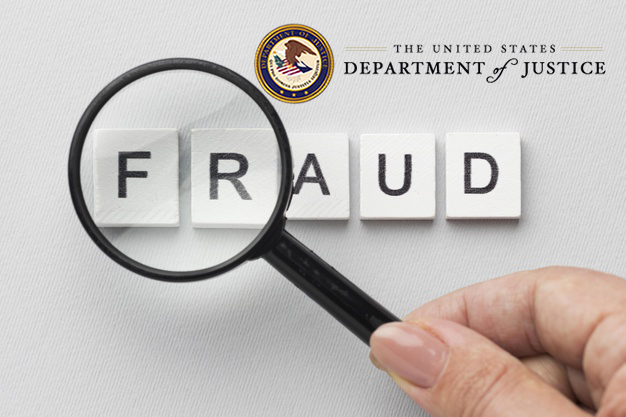By Brandon Fitz Wire Fraud is a serious white-collar crime and is defined under 18 USC §1343 and states: Whoever, having devised or intending to devise any scheme or artifice to defraud, or for obtaining money or property by means of false or fraudulent pretenses, representations, or promises, transmits or causes to be transmitted by…
Continue reading ›Boutique Law Firm Based in Atlanta









